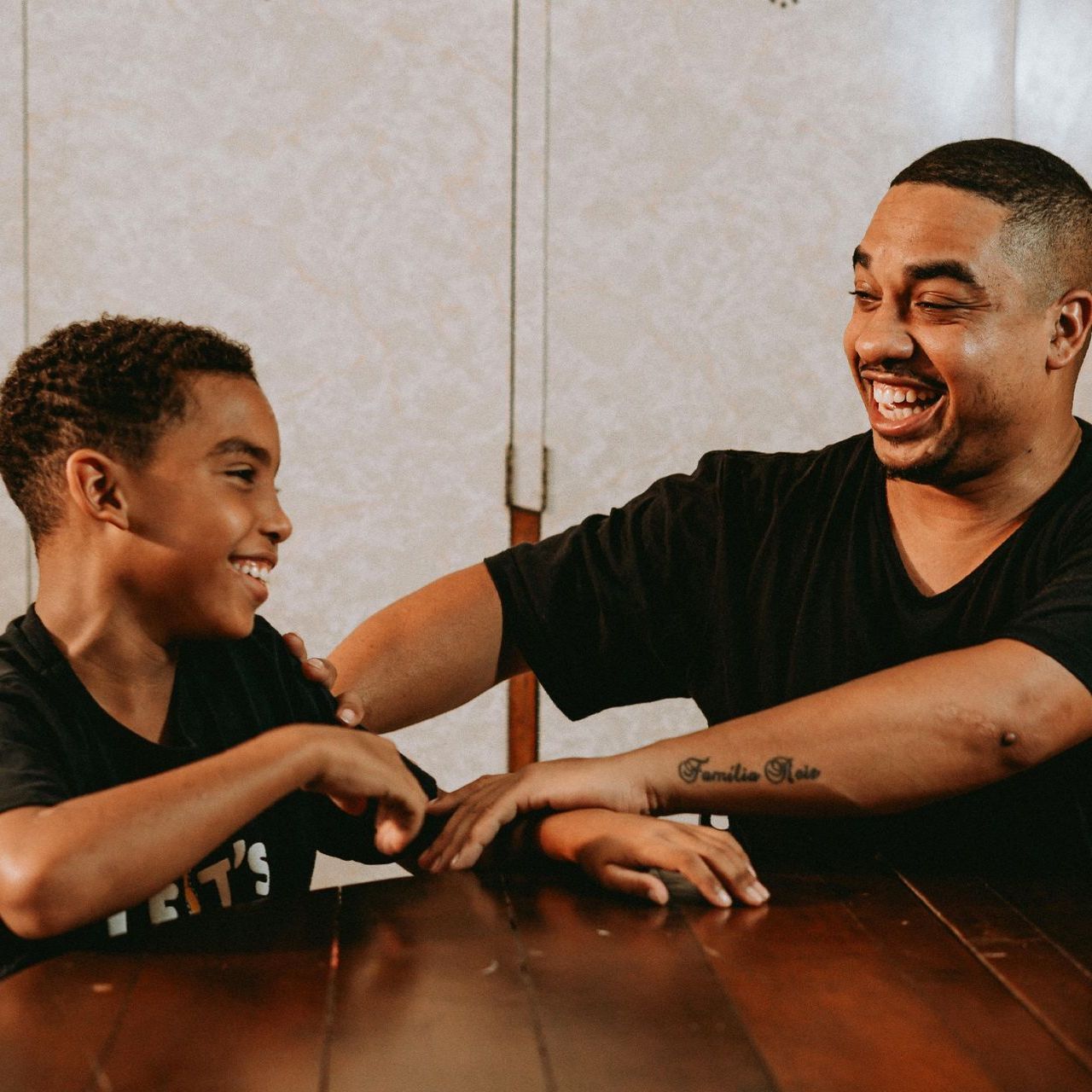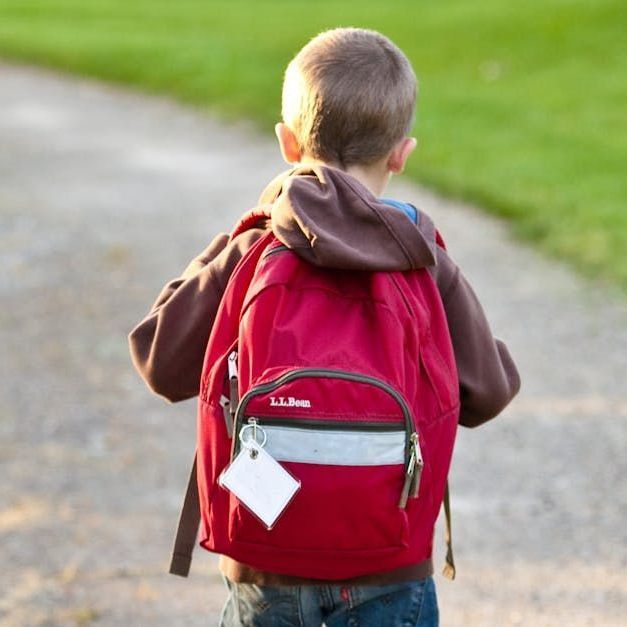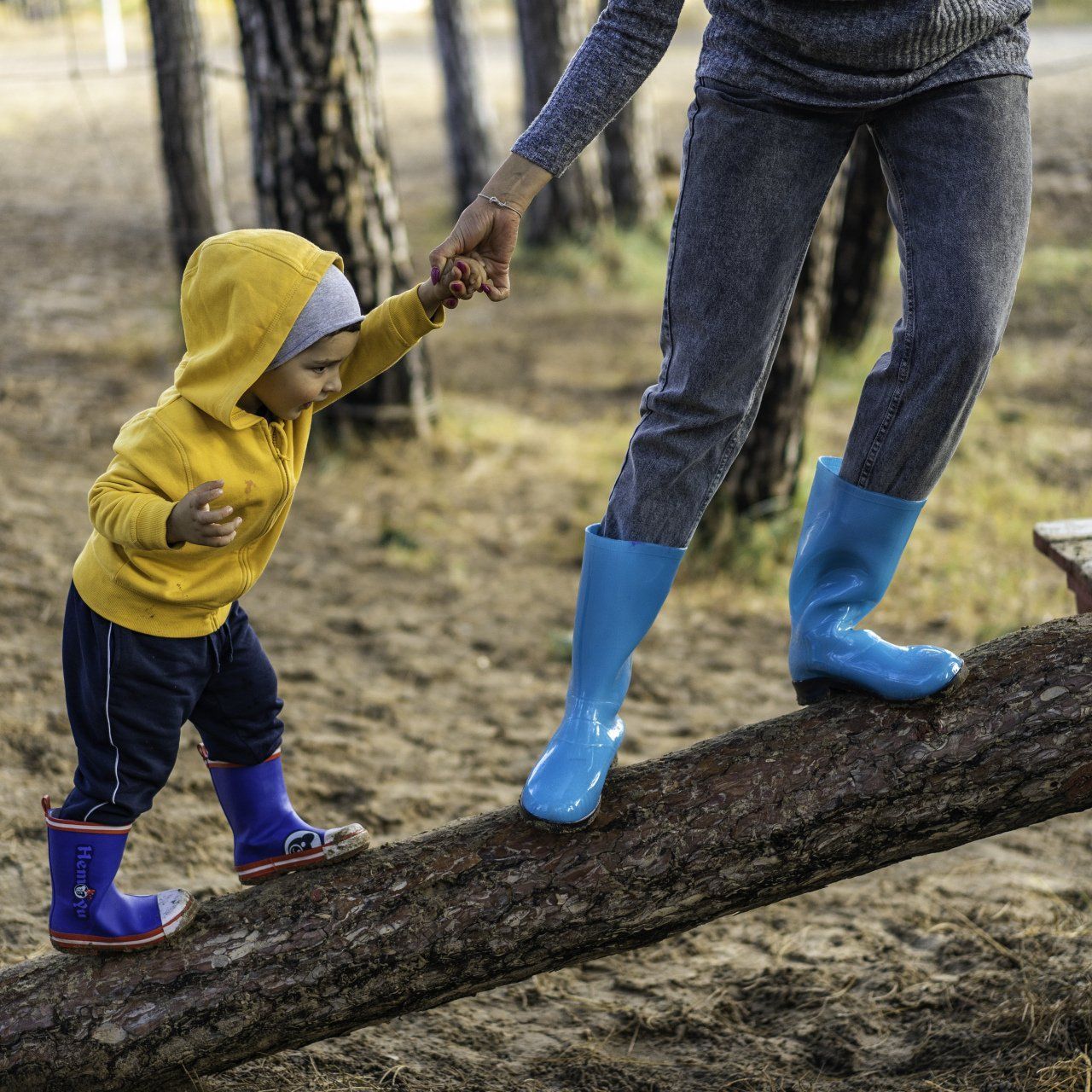Is your child ready for their first sleepover?
There is no magic age at which a sleepover is appropriate. Generally speaking, the child has to be old enough to go to sleep on his/her own. This means that they don’t need a long, specific ritual from a parent in order to catch some Zzzz’s. As a rule of thumb, if your child falls into one of the following categories of nighttime distress, we recommend a bit more time before sending them to a friend’s house for a sleepover.
- a lot of anxieties about sleep
- afraid of the dark
- significant separation anxiety
- nighttime bedwetting
Sometimes, however, you just have to give it a try in order to find out whether your child is ready or not. Your child may appear ready and then panic when the time comes to part ways for the evening. On the other hand, you may think your child won’t last 10 minutes but they stick it out and enjoy the experience.
So, to help parents, here are our Top 5 Tips to see if your child is ready for their first sleepover.
- Start with a “Trial Run” - Pick a family member (a cousin, for example), or close family friend whom your child already knows well.
- Practice - A good way to practice is to do it together. For example, when vacationing with extended family or with friends, allow your child to share a room with another to see if they can even sleep in the same room as someone with whom they’d rather play than sleep.
- Talk about it ahead of time - It is important to prepare your child for what to expect, potential difficulties, and how to handle them. Read a book about sleepovers (there are a lot out there) to show your child that it is okay to be nervous and how to ask for help. Talk about who they can go to at their friend’s house if they are scared. Discuss a plan for what happens if they wake up in the middle of the night afraid. Let the parent of the other child know the plan.
- Don’t set your expectations too high - Your child may do just fine, but don’t be surprised if you need to pick them up early or if they come home tired and cranky. Don’t plan a lot for the next day to allow them to recuperate.
- Praise success - Even if your child isn’t as successful as you may have expected or hoped, praise them for any success they had and reassure them that it takes practice and time, but that you will help them get there.











